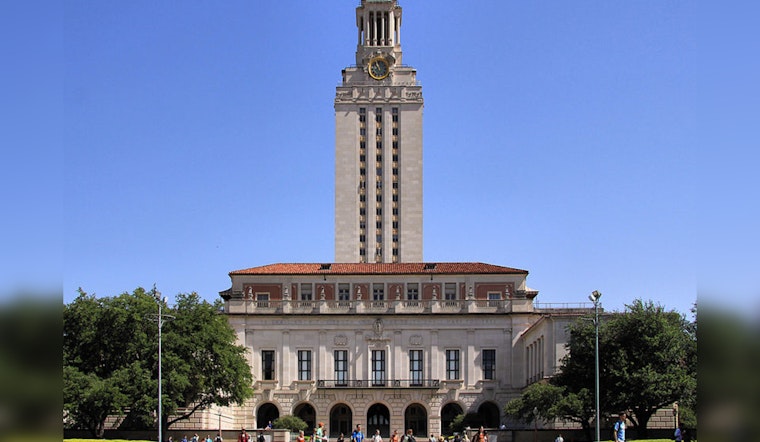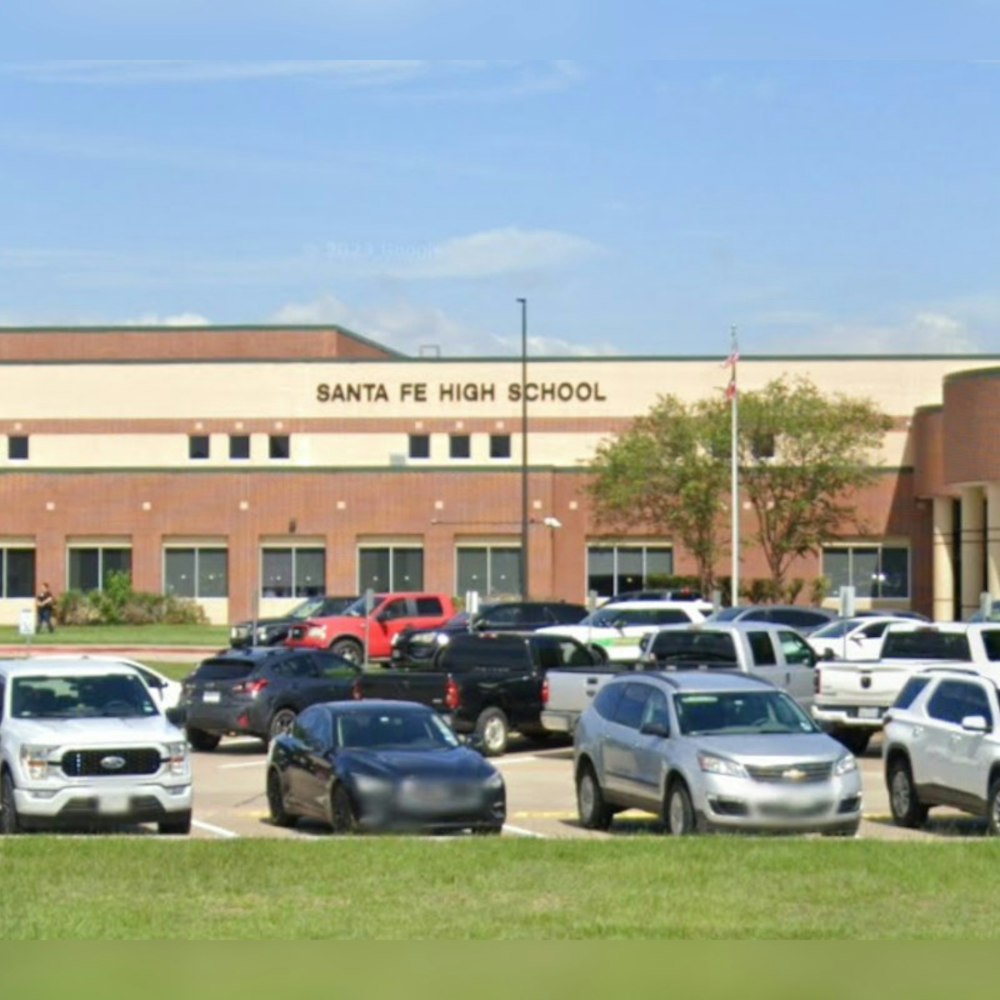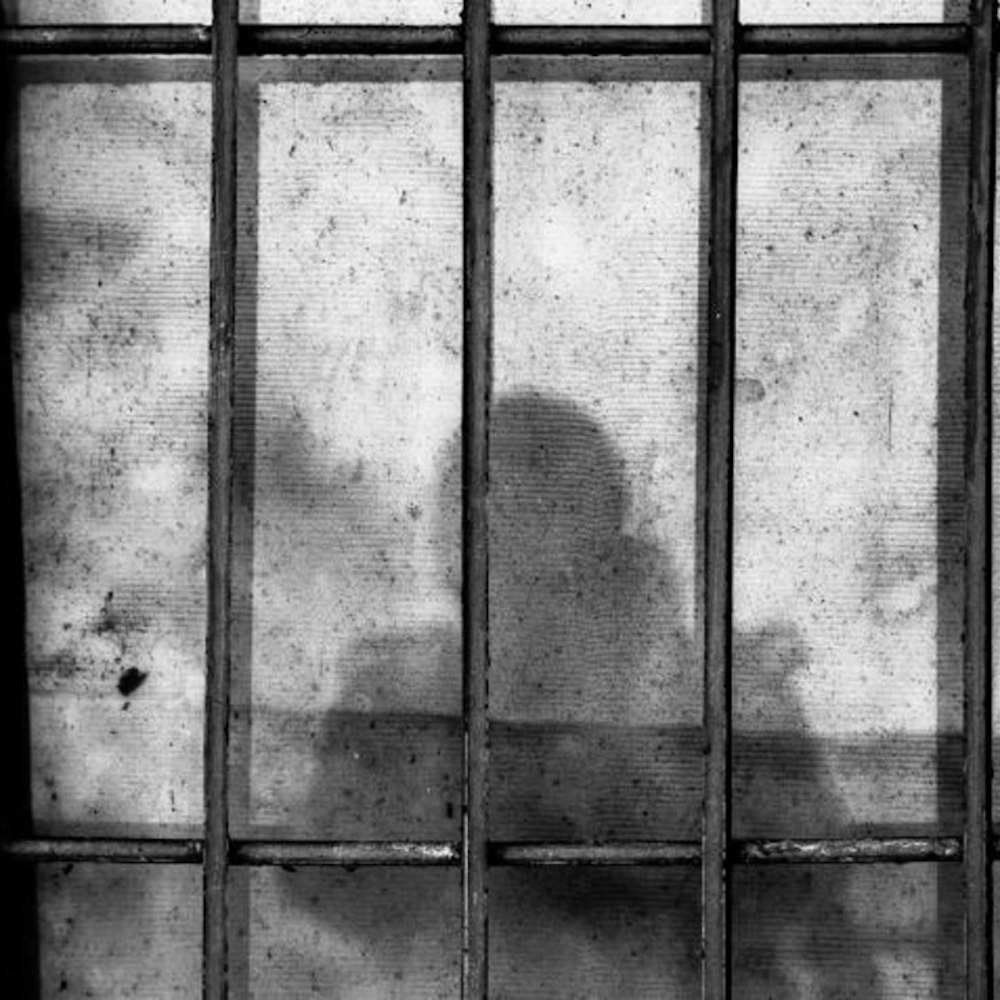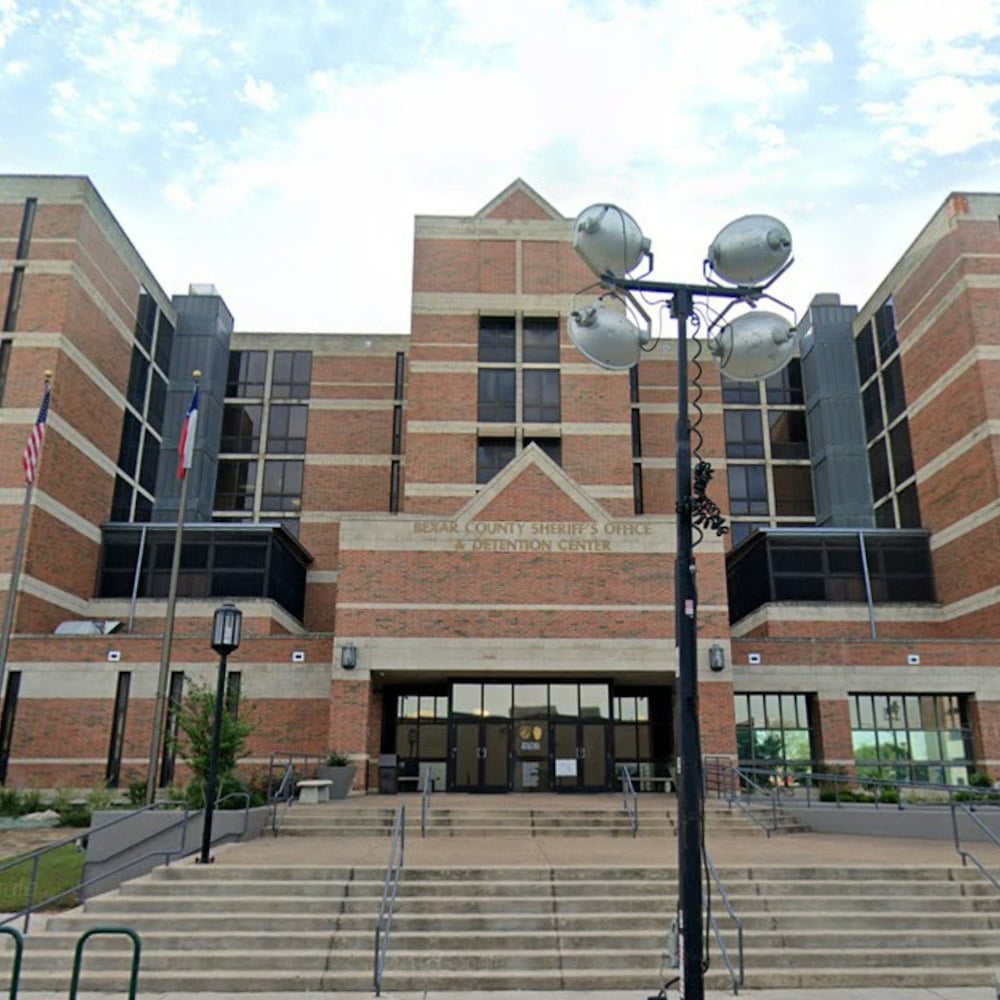
The campus of the University of Texas at Austin recently became a battleground for free speech rights and a demonstrable tension point between student activists and law enforcement, following a pro-Palestinian demonstration that led to multiple arrests. Defense attorneys in Austin highlighted that while protesting is a protected right, the university is within its means to issue criminal trespass warnings and remove students or groups when limits are crossed, according to KXAN.
Austin-based criminal defense attorney Logan Campbell explained to KXAN that protesting on public lands like the UT campus carries the caveat of potentially being asked to leave when one's actions go beyond peaceful assembly, stating, "The UT campus — it is public, you do have the First Amendment right to peacefully protest — to peacefully assemble, you do have that First Amendment right, but the First Amendment does have its limitations."
The demonstration, which took a turn for the dramatic with police intervention, saw more than 100 troopers alongside university and local police officers responding to the protest, with the unrest unfolding as over 500 students calling for the university to divest from companies supplying weapons to Israel. While a UT spokesperson claimed significant participation from outside groups unlike prior events, the arrests incurred criminal trespassing charges with affiants claiming that individuals did not disperse upon request, the language of those affidavits, however, varied for each individual, as detailed by The Texas Tribune.
With the majority of detainees already released and their charges dismissed, attention has turned toward the university's policies, the role of law enforcement, and the rights of students to protest. As legal evaluations of the remaining cases continue, the events at UT-Austin remain a pertinent example of the delicate balance between institutional regulation and the individual's right to dissent.
-1.webp?w=1000&h=1000&fit=crop&crop:edges)








